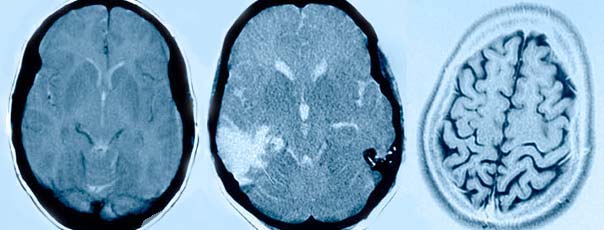“One of the reasons it has taken so long is that we are dealing with the brain here, and we don’t understand what are the basic mechanisms.”
Dr. Alain Beaudet, president of the Canadian Institutes of Health Research, speaking in 2013 on the complexity presented by brain research.
The TBI victim typically suffers from a loss of learned abilities, learned skills and learned knowledge. The nature of the injury may impair further learning and therefore inhibit the re-acquisition of learned KSAs, many of which were honed over a lifetime of uninjured behaviour. The core research challenge concerns improved knowledge of human cognitive capacities and the means to increase cognitive capacity. This area of research has application beyond the population of TBI victims. An improved understanding of cognitive functions and improved learning ability is a key determinant of not just individual welfare but, in an increasingly competitive world environment, stands as a key determinant of future national welfare.
TBI victims constitute a highly motivated cohort. They are typically aware of their reduced capabilities and their limited ability to quickly recover their prior functional state. It is believed that this sense of lost capabilities, coupled with the acknowledgement of a chronic condition in which little further improvement is likely, irregardless of the effort applied, is a key trigger leading to the increased suicide rate within this population.
Creation of an organization which offers rehabilitation functions, coupled with research devoted to improving those rehabilitation functions, would be welcomed by TBI victims and their family members. The simple application of the Hawthorne Effect would benefit the TBI participants; the proposed setting offers a variety of research opportunities leading to improved understanding of brain function, cognition, and complex learning.
The knowledge gained would have broad application in the further development of human machine interface models, machine learning, job design, educational program design, remote learning, assistive technology, and simulation technology, in addition to meeting the core goal of providing improved rehabilitation opportunities for TBI victims.
